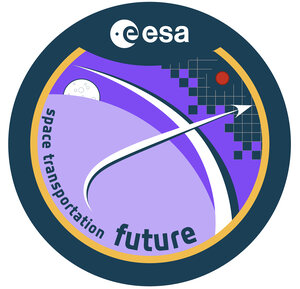Edinburgh readies for major scientific forum
About 1700 participants of the Living Planet Symposium are expected in the Scottish capital on 9–13 September.
To date, over 1100 people have already registered for ESA’s largest scientific event of the year, and the number is growing.
Organised and hosted by ESA with the support of the UK Space Agency, the symposium brings together scientists and users from across the globe to present their latest findings on Earth’s environment and climate derived from satellite data.
Results from ESA’s Earth observation missions will be presented, and missions in development from ESA and national space agencies will be introduced.

For the first time, an app has been developed that will make planning for the week-long event easier than ever. Participants are invited to download the free Living Planet Symposium app for iPhone or iPad.
The interactive app allows users to personalise an attendance programme, view and contribute to an image gallery, find points of interest near the conference venue and share their experiences through social networks.
ESA supports the next generation of Earth observation scientists
Students aged 16–18 and educators are invited to sign up for the School Lab for a hands-on experience to learn about the science and applications of satellite Earth observation.
Jointly organised by ESA, the UK Space Agency and the DLR German Aerospace Center, School Lab will also give participants the opportunity to tour the exhibition and talk to the scientists and experts attending this major conference.
Separate sessions for both students and educators will be held on 10–12 September. Educators can register online.
For post-graduate students presenting their studies at the symposium, ESA and the European Commission have awarded grants to support the attendance of 86 students from 24 different countries at the week-long event.
In addition, on the morning of the opening day, five tutorial sessions on state-of-the-art observation techniques of Earth’s land, oceans, ice and atmosphere from space will be given by lead scientists from Europe.















 Germany
Germany
 Austria
Austria
 Belgium
Belgium
 Denmark
Denmark
 Spain
Spain
 Estonia
Estonia
 Finland
Finland
 France
France
 Greece
Greece
 Hungary
Hungary
 Ireland
Ireland
 Italy
Italy
 Luxembourg
Luxembourg
 Norway
Norway
 The Netherlands
The Netherlands
 Poland
Poland
 Portugal
Portugal
 Czechia
Czechia
 Romania
Romania
 United Kingdom
United Kingdom
 Slovenia
Slovenia
 Sweden
Sweden
 Switzerland
Switzerland




























